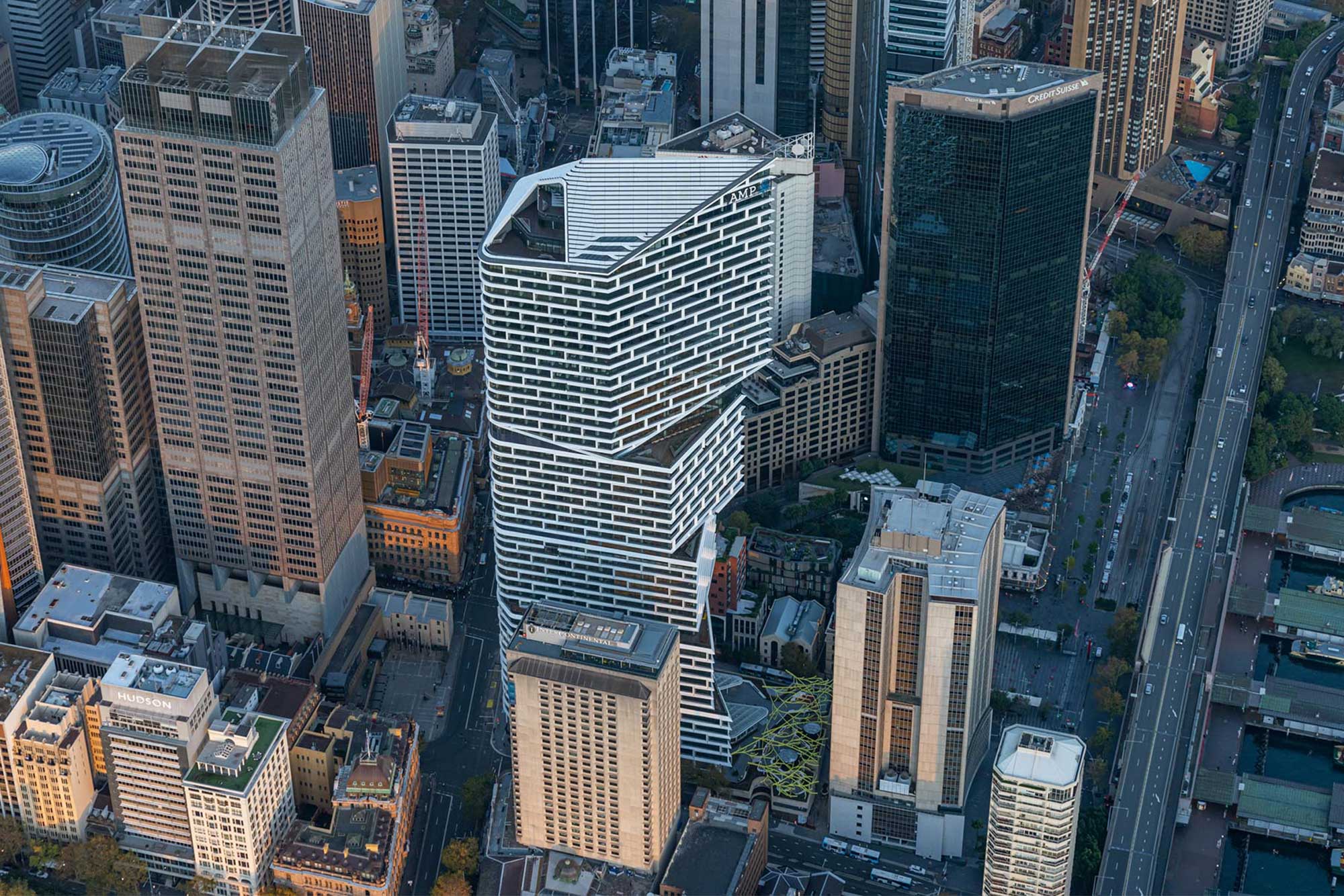
While it is clear office space is still relevant post lockdowns, with Colliers recording almost a 45% increase in occupier enquiry levels across all office markets for Q3 2022, compared to the same time in 2019, the price tenants pay is now driven by different criteria, accoding to Sarah Hughes, National Director, Tenant Advisory & Occupier Services, Colliers.
“In 2019 financial considerations for tenants were largely dependent on the cost per seat, which ultimately led businesses to want to maximise the number of seats they could fit in the office.” Ms Hughes said.
“We are now seeing tenants place a growing focus on other measures outside of the traditional norm, for example, the cost impact (whether positive or negative) of a building’s ability to help the tenant meet their environmental, social and governance (ESG) commitments.
“This is part of a shift redefining the value of office space for enhanced employee experience and value alignment, which also incorporates an increasing emphasis on diversity elements, including gender neutral bathrooms and multi-purpose rooms for prayer and breastfeeding, in addition to recreational areas and residential/hotel style fit-outs.
“The office is now much more than a tool to facilitate work – it is now a place you go to undertake tasks that you cannot complete from your home (office) whilst enabling collaboration and connection and providing a sense of belonging that ultimately fosters a positive culture, in an era of varied working styles.”
Even major companies renowned for being at the forefront of flexible/hybrid employee work arrangements are investing in new office space to boost their employee value proposition, according to Cameron Williams, National Director of Office Leasing, Colliers.
“Deloitte’s upcoming move to AMP’s Quay Quarter Tower (QQT) in Sydney and Dexus’ new Waterfront Precinct Brisbane Development in 2027, will see the firm’s New South Wales and Queensland employees occupy brand new buildings with the latest ESG features,” Mr Williams said.
“Deloitte’s new Sydney headquarters is more efficient, with physical connection via staircase between the firm’s floors.
“Pre-commitment to become the anchor tenant at the Waterfront Precinct Brisbane Development provides Deloitte a great opportunity for a premier location and will provide significantly more space than their current Riverside Centre premises.”
Deloitte’s new Sydney and Brisbane offices will support the firm’s committment to provide its people with premium workspaces, with access to state-of-the-art technology and dynamic design to make collaborating in-person, and virtually, even easier, according to Tina McCreery, Chief Human Resources Officer, Deloitte Australia.
Deloitte’s offices are used in accordance with the firm’s refreshed Flex framework, which was launched in 2021, as part of the Deloitte Experience, providing people with access to 12 flexible work options, to be used in combination, so “people are empowered to live and work in a way that works best for them,” Ms McCreery added.
“Deloitte Experience empowers our people to make choices about where they work based on their client, team, and individual needs and how they connect with clients and each other.”
Industries such as tech and media, renowned for endorsing dynamic working styles which can impact office headcount, are also upgrading their offices, undertaking fit-outs since 2019 to attract and retain employees, according to Adam Howard, National Director, Project Leaders, Colliers.
“In recent years we have facilitated fit-outs for major tech and media offices, ranging from 11,000 to 22,000 square metres, which include features such as an additional five to 10 percent dedicated recreational/dual purpose space and an increasing number of smaller rooms for digital meetings,” Mr Howard said.
“Tech giants are also moving towards a residential/hotel feel, with a heightened focus on vibrant and biophilic design underpinning inviting spaces for people to feel comfortable in their workspace.”
A marked increase in demand across all industries to upgrade to A Grade and Prime Grade office space is also being witnessed by both Mr Howard and Ms Hughes.
“The cost of relocation means that occupiers are preferring spaces that are already fitted-out with modern and inlusive features that optimise the employee experience, whilst providing flexible workspaces with dual purposes, catering for fluctuating headcount,” Ms Hughes said.
“Some of our clients even have ESG goals tied to their bonuses which really reinforces how seriously businesses are treating their commitments, and a general shift in business drivers as it relates to real estate decisions.”
It appears that this year, the notion espoused by Winston Churchill – “We shape our buildings; thereafter they shape us” – is no longer true when it comes to the office.
“Landlords are proving quick to respond to new occupier priorities, reshaping their offices to be competitive in the post pandemic world of work,” Ms Hughes said. “From a personal perspective, as someone who balances co-parenting with a leadership role, I appreciate using the office in a flexible way to enable myself and my team to be our best selves and undertake our best work.”



